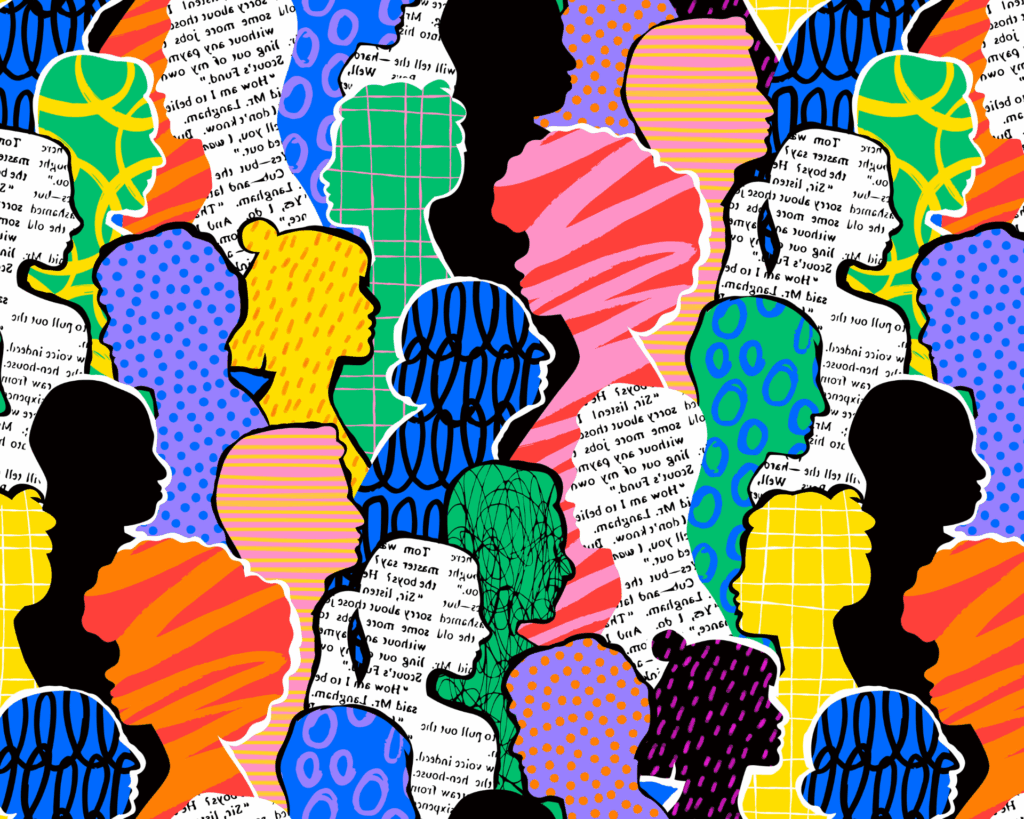Why Are We Still Using Race as a Variable in Health Research?
When we fail to address health disparities and root those disparities in archaic notions of human difference, we do so at the peril of the populations we claim we want to help. And, in turn, science itself can be part of the problem.

Read Time: 4 minutes
Published:
In the September 11, 2020 issue of the journal Science, my colleagues and I published a letter calling upon the National Institutes of Health to take action on the misuse of racial categories in biomedical research (including public health), a persistent challenge that the scientific community has struggled with for more than a century. Seventy leading scientists and scholars added their names as signatories. Since then, we’ve collected an additional 249 signatories who have endorsed the letter.
The letter makes three requests of the National Institutes of Health and the NIH Director:
- “Lead education efforts directed at both scientists and the public about the nature of human genetic diversity and the ongoing need and obligation to confront racism in science.”
- “Support the National Academy of Science to convene a diverse group of scientists and scholars to develop a consensus statement on best practices in genetic, clinical, and social scientific studies for characterizing human genetic diversity.” (Guidance is also needed for “using racial categories to study racism’s impact on human health” as well as the use of non-biological determinants when studying health and disease.)
- Expand programs to support hiring more career scientists and clinicians from underrepresented minority groups.
From my perspective, we wrote the letter for two reasons. First, in the wake of last summer’s protests against racism, it was important to highlight how scientific and clinical practice, intentionally or not, can support harmful ideas about race and human difference. As generations of scholars and scientists have shown, race is a poor proxy for understanding an individual’s relationship to his or her genes. It is also historically rooted in racist notions of hierarchical difference between human groups.
Second, the Covid-19 pandemic has again shown us how the concept of race, when used to measure differences between populations, can give rise to the false belief (in both popular and academic outlets), that health disparities are rooted in biological differences between groups, and not from institutionalized racism and other health determinants. The easy reductionism of racial explanations does harm by creating false beliefs about the fundamental causes of health inequities. We continue to ignore, at great risk, the social, structural, and environmental factors that create disparate health outcomes between human populations.
We continue to ignore, at great risk, the social, structural, and environmental factors that create disparate health outcomes between human populations.
Many public health disciplines have been ahead of other fields in rethinking racial categories as variables in our research, including acknowledging that race is a social, not biological, concept. But we too rely heavily on racial variables in our research and must consider new ways to study racism’s impact on health without reinforcing crude notions of race and race difference.
NIH has taken important steps in recent months, particularly for addressing diversity and structural racism in science. They recently announced an Institute-wide UNITE initiative to “develop and implement strategies to increase inclusivity and diversity in science.” And the National Human Genome Research Institute published its Action Agenda “aimed at improving the diversity of the genomics workforce.”
While we welcome these critical initiatives, we still need guidance on best practices for characterizing human diversity. If the Covid-19 pandemic has taught us anything, it is that when we fail to address health disparities and root those disparities in archaic notions of human difference, we do so at the peril of the populations we claim we want to help. And, in turn, science itself can be part of the problem.
I am heartened by the new Biden-Harris administration’s focus on health inequities. And I remain hopeful that the NIH and other government science agencies will rethink the use of racial classification in biomedical research.
It is also possible that science will not solve this issue on its own. As traditional scientific institutions fail to act, researchers must think creatively. As traditional scientific institutions fail to act, researchers must think creatively, collaborating with communities directly affected by health inequities, about the misuse of race, and, more directly, racism to co-produce solutions and push for change.
A century of evidence from across academic disciplines—including work by Du Bois, Dobzhansky, Lewontin, Fullilove, Venter, and Nelson, among many others—illustrates the many dangers that come from an uncritical reliance on the race concept. We can do better. We can improve how scientists characterize human difference in research and clinical practice.
But will we?
Photo via Getty Images



